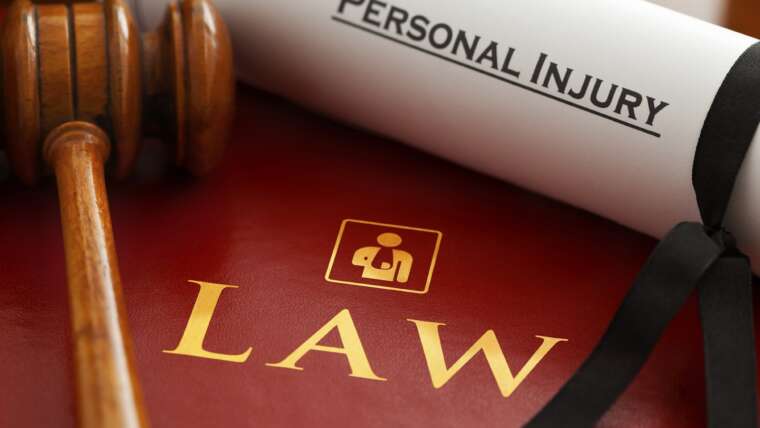Why are commercial trucking accidents so dangerous when they involve a personal automobile? Eighteen-wheelers, driven by commercial truck drivers, are significantly bigger than your car. Because of this massive size differential, when your vehicle collides with a commercial truck, the potential injuries are more likely to be long-term and devastating.
If you’ve been injured in an accident with one of these trucks, the trucking company most likely hopes to keep you in the dark about their industry regulations.
What Trucking Companies Don’t Want You to Know
Federal and state laws regulate the trucking industry by setting operating standards and limits that all trucking companies must follow. Knowing and understanding these laws can help you and your attorney determine which party is at fault for the accident. You can find most of the federal trucking regulations in Title 49 of the Code of Federal Regulations. Of course, each state makes its own laws for regulating commercial trucking operations as well.
If a commercial driver wasn’t following the regulations when operating his big rig or semi-truck, his company may be responsible for your injuries in the event of an accident. Knowing the laws truckers must follow is vital to getting the help you need and deserve for your medical and other related expenses.
Truckers must follow numerous regulations when operating their rigs, but five of the most important include:
- Valid commercial driver’s license. Just like you need a valid driver’s license to operate your car, drivers of large 18-wheelers and similar must have a valid, up-to-date commercial driver’s license.
- Hours of service. Regulations limit the time a driver may operate the truck before taking a break to rest. This law protects both the trucker and other drivers sharing the road. They must keep a meticulous log (usually electronic) of their drive and rest times.
- Cargo weight limits. The truck’s size determines the maximum weight it can safely haul. A truck hauling cargo that exceeds the maximum weight limit is dangerous. Knowing what the truck was hauling when the accident occurred and what it weighed at the most recent weigh station is key to accident investigation.
- Commercial truck quality control. These trucks must undergo regular maintenance and repairs to ensure the safety and quality of operation. For instance, federal law regulates the air brake systems and other components on these large trucks. If a defect or poorly maintained part contributed to the accident, your lawyer may advise making a claim against the trucking company, manufacturer, supplier, or repair professional.
- Hazardous waste safety. Some commercial trucks carry hazardous materials. The Office of Hazardous Materials Safety puts forth safety regulations that truckers must follow when carrying these products. If the trucker didn’t follow these rules and the materials caused all or some of your injuries, you may have a claim against the trucking company, the driver, and the company shipping the hazardous materials.
Your truck accident attorney will determine the path to use that is most likely to prove the truck driver, his company, and any other relevant parties are at fault for the accident. Kathryn Burmeister has extensive expertise and knowledge of commercial trucking accidents. She works for you and your loved ones to make sure you get the compensation you deserve and need to cover your expenses.
Commercial trucking laws and regulations aren’t simple and can complicate accident cases. It’s important to contact a truck accident lawyer with a proven track record to help sort things out. Don’t delay and call Kathryn Burmeister to tell her about your accident. There’s never any fee or obligation associated with your consultation. She’s ready to fight for you and your loved ones, so you can put your life back together again.



